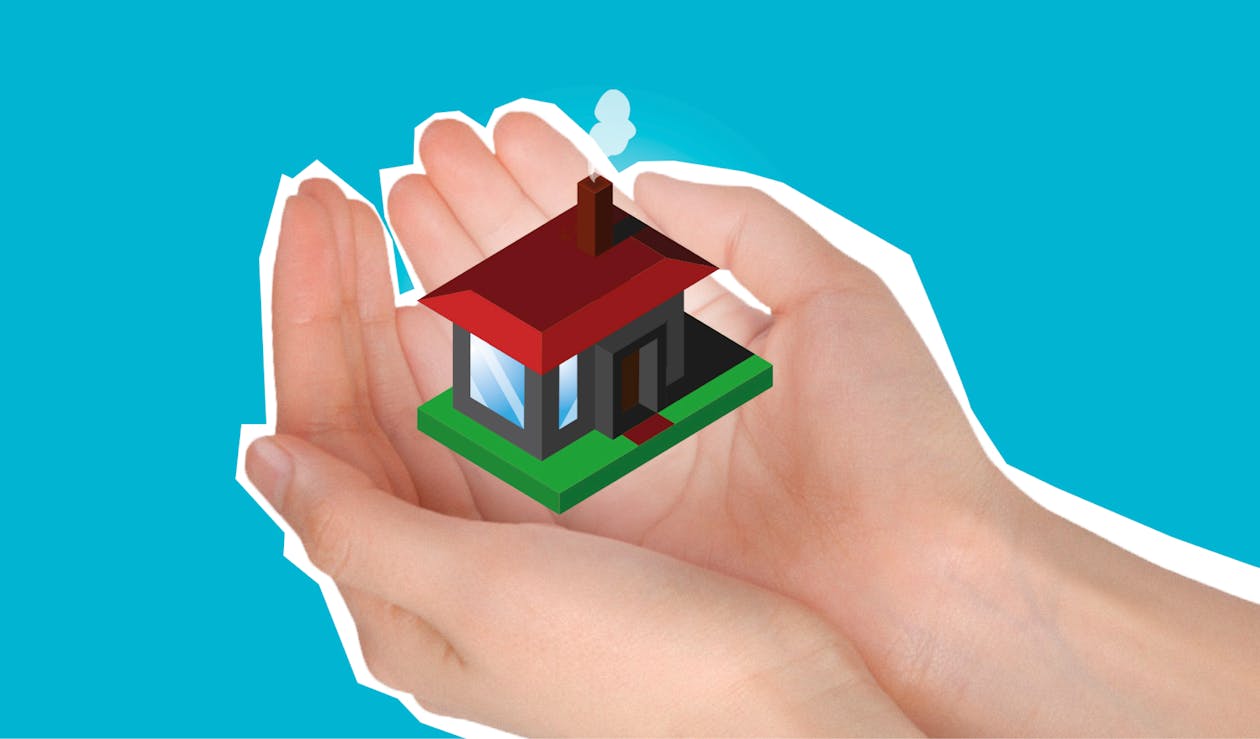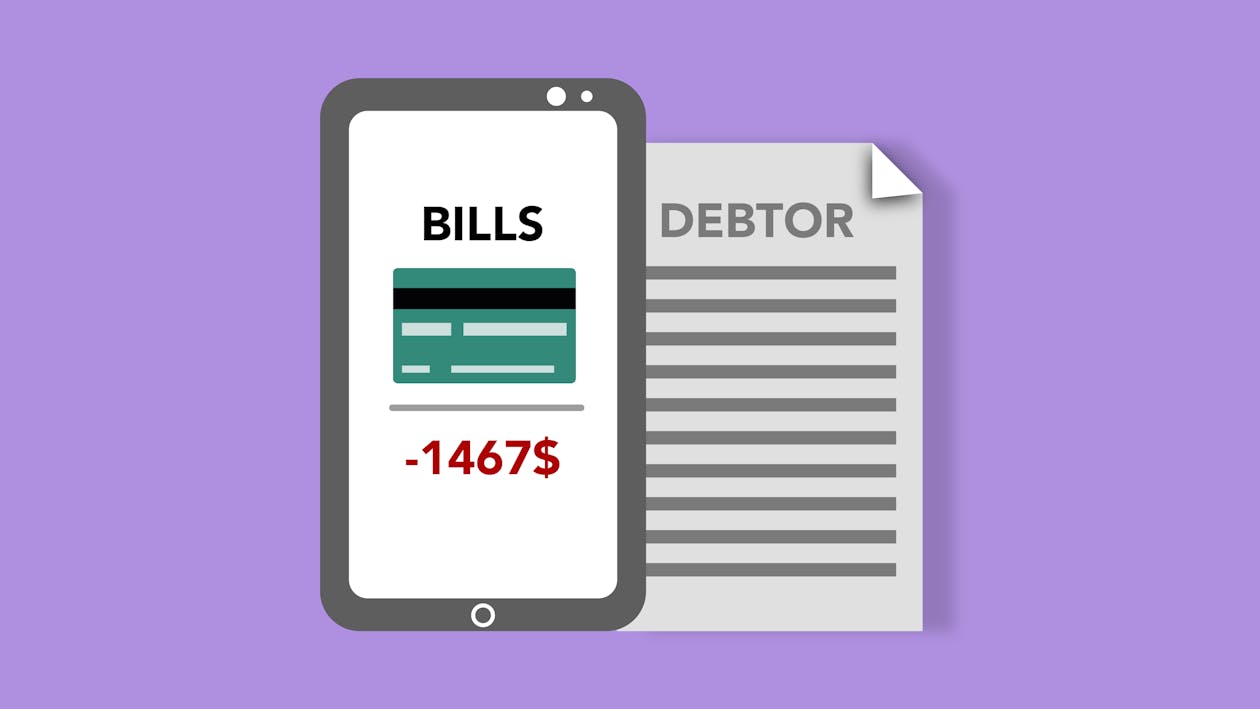Loans are a common financial instrument used by individuals and businesses to fulfill various needs and objectives. They come in a multitude of forms, each tailored to specific circumstances and requirements. In this article, we will explore 10 different types of loans, examining their unique characteristics, advantages, and potential drawbacks to help you make informed financial decisions.
Personal Loans

Personal loans are versatile and unsecured loans that individuals can use for various purposes, such as debt consolidation, home improvements, or covering unexpected expenses. They typically have fixed interest rates and set repayment terms, making it easier for borrowers to budget for monthly payments. However, they often come with higher interest rates compared to secured loans, as they don’t require collateral.
Advantages:
Flexibility in use.
Predictable monthly payments.
No collateral required.
Disadvantages:
Higher interest rates compared to secured loans.
Eligibility depends on creditworthiness.
Borrowing limits may be lower.
Mortgage Loans

Mortgage loans are long-term loans used to finance the purchase of real estate, most commonly homes. They come in various types, including fixed-rate mortgages, adjustable-rate mortgages (ARMs), and government-backed loans like FHA and VA loans. Mortgage loans are secured by the property being purchased, and if the borrower defaults, the lender can take possession of the property through foreclosure.
Advantages:
Long repayment terms (typically 15 to 30 years).
Lower interest rates compared to unsecured loans.
Potential for home value appreciation.
Disadvantages:
Requires a substantial down payment.
Risk of foreclosure if unable to make payments.
Interest costs over the life of the loan can be significant.
Auto Loans

Auto loans are used to purchase vehicles, both new and used. These loans are secured by the vehicle itself, which serves as collateral. Auto loans often come with fixed interest rates and terms that match the expected lifespan of the vehicle. They may be obtained from banks, credit unions, or directly from dealerships.
Advantages:
Specific purpose for purchasing a vehicle.
Lower interest rates due to collateral.
Fixed monthly payments for budgeting.
Disadvantages:
Depreciation can outpace loan repayment.
Risk of repossession if payments are missed.
Interest rates can vary based on creditworthiness.
Student Loans

Student loans are designed to help individuals fund their education, including tuition, books, and living expenses. They can be federal or private, with federal loans typically offering more favorable terms and repayment options. Many student loans offer deferred payments until after graduation, but interest may still accrue during this period.
Advantages:
Investment in future earning potential.
Various repayment plans, including income-driven options.
Potential for loan forgiveness for qualifying individuals.
Disadvantages:
Accumulation of interest during deferment.
Repayment can be lengthy and burdensome.
Default can have severe consequences, including wage garnishment.
Business Loans

Business loans provide financing to entrepreneurs and businesses for various purposes, such as startup capital, expansion, inventory purchase, or equipment acquisition. These loans can be secured or unsecured and come in various forms, including term loans, lines of credit, and Small Business Administration (SBA) loans.
Advantages:
Fuel business growth and development.
Tax-deductible interest expenses.
Various loan programs and terms to choose from.
Disadvantages:
Strict eligibility criteria and documentation requirements.
Risk to personal assets with some types of business loans.
Interest rates can be relatively high for startups.
Home Equity Loans

Home equity loans allow homeowners to borrow against the equity they’ve built up in their homes. These loans are secured by the property and typically have lower interest rates compared to unsecured loans. They are often used for home improvements, debt consolidation, or large expenses.
Advantages:
Lower interest rates due to collateral.
Interest may be tax-deductible (consult a tax advisor).
Fixed monthly payments.
Disadvantages:
Risk of losing the home if payments are not made.
Potential for overborrowing and increased debt.
Fees and closing costs associated with the loan.
Payday Loans

Payday loans are short-term, high-interest loans typically designed to cover immediate financial needs until the borrower’s next paycheck. They are known for their convenience but also for their high cost, often resulting in a cycle of debt for borrowers who struggle to repay on time.
Advantages:
Quick access to cash in emergencies.
Minimal eligibility requirements.
No credit check (in most cases).
Disadvantages:
Extremely high interest rates.
Short repayment terms can lead to a cycle of debt.
Predatory lending practices in some cases.
Credit Card Loans

Credit cards can be used to access a line of credit for various purchases. While they offer flexibility and convenience, they often come with high interest rates, especially if the balance is not paid in full each month. Credit card debt can accumulate quickly, leading to financial challenges if not managed responsibly.
Advantages:
Convenience for everyday expenses.
Opportunity to earn rewards or cashback.
Potential grace period for interest-free purchases.
Disadvantages:
High-interest rates on unpaid balances.
Minimum monthly payments can lead to debt accumulation.
Risk of overspending and financial instability.
Secured Loans

Secured loans require collateral, such as a home, car, or savings account, to secure the loan. Because they pose less risk to lenders, secured loans often come with lower interest rates and more favorable terms. However, the borrower risks losing the collateral if they default on the loan.
Advantages:
Lower interest rates due to collateral.
Easier qualification for those with poor credit.
Potential for higher borrowing limits.
Disadvantages:
Risk of losing collateral if payments are missed.
Limited flexibility in using the collateral for other purposes.
Still subject to credit checks and eligibility criteria.
Debt Consolidation Loans

Debt consolidation loans are used to combine multiple high-interest debts into a single, lower-interest loan. This can make managing debt more straightforward and potentially reduce overall interest costs. However, it’s crucial to address the root causes of debt and avoid accumulating more debt after consolidation.
Advantages:
Simplified debt management.
Potential for lower interest rates.
Single monthly payment for all debts.
Disadvantages:
May not address the underlying financial issues.
Risk of accumulating more debt after consolidation.
Requires discipline to avoid further financial strain.
Loans come in various forms, each serving specific purposes and catering to different financial needs. While they can provide essential funding for education, homeownership, business growth, and other goals, they also carry associated risks, including interest costs, collateral requirements, and potential debt accumulation.
When considering a loan, it’s crucial to assess your financial situation, understand the terms and conditions, and weigh the benefits against the drawbacks. Responsible borrowing, careful financial planning, and thorough research are key to making informed decisions and effectively utilizing different types of loans to achieve your financial goals.

